One year ago today—October 28, 2024—Apple Intelligence finally arrived on iPhones, iPads, and Macs. After months of buildup, after shipping the iPhone 16 lineup marketed as "built for Apple Intelligence," after promising a revolution in how we interact with our devices, the moment had come.
And what users got was... Writing Tools. Notification summaries. A slightly glowing border around Siri. Image cleanup. That was it.
The centerpiece feature—the AI-powered Siri that could understand personal context and autonomously handle complex tasks across apps—was nowhere to be found. Image Playground? Coming later. Genmoji? Not yet. ChatGPT integration? Eventually. The advanced Siri capabilities that Apple spent twenty minutes demonstrating at WWDC 2024? Delayed indefinitely.
Welcome to Apple Intelligence: a masterclass in overpromising, underdelivering, and fundamentally misunderstanding what it takes to ship AI products in 2024.
Twelve months later, as we mark this dubious anniversary, it's worth taking stock of just how badly Apple fumbled what should have been one of the most important product launches in company history. This isn't just about a feature being late or buggy—this is about Apple systematically breaking nearly every rule that made them legendary in the first place.
The Staggered Rollout That Never Stopped Staggering
Apple has always been methodical about product launches. The company became famous for its "one more thing" moments precisely because when they announced something, it was real, it was polished, and you could buy it soon. Steve Jobs didn't show prototypes. Tim Cook's Apple maintained that discipline.
Until Apple Intelligence.
When iOS 18 launched in September 2024 alongside the iPhone 16, Apple Intelligence wasn't there. Users who bought the new "AI-ready" iPhones had to wait until the iOS 18.1 update in late October to get even basic features. And "basic" is generous—the initial release included text rewriting tools, notification summaries, and minor Siri improvements that barely moved the needle.
The more interesting features trickled out over subsequent months. Image Playground arrived in iOS 18.2 in December. Genmoji came with it. More languages showed up in iOS 18.3. Visual Intelligence and enhanced Siri capabilities were promised for spring 2025, then summer, then "later in 2025."
As of today—one full year after launch—the advanced Siri that Apple demonstrated at WWDC 2024 still doesn't exist. The feature that was supposed to be the crown jewel of Apple Intelligence, the reason to buy an iPhone 16, the thing that would finally make Siri competitive with modern AI assistants, has been delayed indefinitely. Current expectations put it somewhere in 2026. Maybe.
This isn't a staggered rollout. This is a product launched before it was remotely ready, with the most important parts still in development a year later.
Think about how unprecedented this is for Apple. When they launched the Apple Watch, it worked. When they unveiled AirPods, they worked. The M1 chip transition? Flawless execution. Even products that received criticism—like the butterfly keyboard or the Touch Bar—at least functioned as intended from day one.
Apple Intelligence didn't just miss the mark. It missed having a complete product to miss with.
The Fake News Disaster That Broke Apple's Trust
But incomplete features would merely be embarrassing. What came next was actively harmful.
In December 2024, the BBC filed a formal complaint with Apple. The reason? Apple Intelligence's notification summary feature had confidently informed users that Luigi Mangione—the man accused of murdering UnitedHealthcare CEO Brian Thompson—had shot himself. This was entirely false. The original BBC article said nothing of the sort.
The BBC's complaint was not an isolated incident. It was the beginning of a pattern.
Days later, Apple Intelligence told users that Luke Littler had won the PDC World Darts Championship—hours before the final match had even started. (He did eventually win, but that doesn't excuse the AI jumping the gun.) In the same batch of notifications, the system fabricated a story claiming tennis legend Rafael Nadal had come out as gay, completely misinterpreting an article about a different Brazilian player.
The New York Times got hit too. In November, an Apple Intelligence summary claimed "Netanyahu arrested"—he wasn't. An arrest warrant had been issued by the International Criminal Court, but the Israeli Prime Minister was very much not in custody.
Then came the Washington Post incident in January 2025. Apple Intelligence summarized a set of news alerts with completely fabricated claims: "Pete Hegseth fired; Trump tariffs impact inflation; Pam Bondi and Marco Rubio confirmed." None of these things were true. Not a single one.
"This is my periodic rant that Apple Intelligence is so bad that today it got every fact wrong in its AI summary of Washington Post news alerts," wrote the paper's tech columnist Geoffrey Fowler. "It's wildly irresponsible that Apple doesn't turn off summaries for news apps until it gets a bit better at this AI thing."
Reporters Without Borders called for Apple to completely remove the feature, warning that such AI-generated summaries pose "a danger to the public's right to reliable information."
These weren't edge cases or rare glitches. These were systematic failures happening repeatedly with major news organizations. And because the summaries appeared to come from the news apps themselves—with only a tiny, easily overlooked glyph indicating AI generation—users had every reason to believe that BBC News, The New York Times, or The Washington Post had actually reported these false stories.
Apple's response? Initially, nothing. Then, after weeks of mounting pressure and multiple high-profile embarrassments, the company finally acknowledged the problem in January 2025. Their solution was to make it "more clear" when notifications were AI-generated summaries.
That wasn't good enough. By mid-January, Apple capitulated entirely and disabled notification summaries for news and entertainment apps in a beta update, promising to fix the feature before re-enabling it later.
One year after launch, the notification summary feature that Apple marketed as a convenient way to stay informed became so unreliable that the company had to pull it entirely for news content.
This is not the Apple we know. This is not "it just works." This is "it confidently makes things up and damages the credibility of legitimate news organizations in the process."
The Internal Chaos Nobody Was Supposed to See
In May 2025, Bloomberg published a devastating investigation into what went wrong inside Apple's AI efforts. The picture it painted was one of dysfunction, indecision, and leadership failure on a scale rarely seen at one of the world's most valuable companies.
According to the report, which cited more than half a dozen former employees from Apple's AI and machine learning groups, the problems ran deep:
Weak leadership and lack of ambition. John Giannandrea, hired from Google in 2018 specifically to lead Apple's AI efforts, presided over what former employees described as an "overly relaxed culture" with insufficient appetite for risk-taking. By spring 2025, he'd been stripped of control over product development, with Tim Cook reportedly having lost faith in his ability to deliver.
Constant technical pivots. Apple's team couldn't settle on an approach. They initially planned to build both small and large language models called "Mini Mouse" and "Mighty Mouse" to run locally and in the cloud. Then leadership changed course and decided to build a single large model for cloud-based processing. Then they changed direction again. Engineers became frustrated. Some left the company.
Misaligned budgets and priorities. Teams didn't get the resources they needed. Communication between AI engineering and marketing broke down. Marketing hyped features that weren't baked yet—some of which still haven't launched.
The WWDC demo was fake. This might be the most damning revelation. That impressive demonstration at WWDC 2024, where Siri accessed emails to find flight information, checked messages for lunch plans, and plotted routes in Maps? Members of the Siri team had never seen working versions of those capabilities. The only feature that actually functioned on test devices was the glowing border around the screen. Everything else was vaporware.
For a company that built its reputation on only showing products that were real and ready, this represented a fundamental betrayal of Apple's core values.
The report concluded that Apple "remains years behind its competition" according to internal data. Years. Not months. Not "catching up quickly." Years behind.
The Siri That Never Came
Let's talk about what was supposed to be the whole point of Apple Intelligence: making Siri actually good.
Siri launched in 2011 with the iPhone 4S as a groundbreaking feature—natural language voice control integrated deeply into iOS. For about six months, it was impressive. Then Amazon launched Alexa. Google built Assistant. Both left Siri in the dust.
For over a decade, Siri has been the butt of jokes. It misunderstands simple requests. It can't maintain context across questions. It frequently punts to web searches for queries that competitors handle easily. Apple's engineers knew this. Apple's executives knew this. Everyone knew this.
Apple Intelligence was supposed to fix it. Finally, after more than a decade of neglect, Siri was getting the AI-powered overhaul it desperately needed. The June 2024 WWDC presentation showed a Siri that could understand personal context, work across apps, and handle complex multi-step tasks autonomously.
One year later, that Siri still doesn't exist.
What users got instead was a slightly improved Siri with a new visual design (that glowing border), the ability to type to it instead of speaking, and marginally better natural language understanding. It's still fundamentally the same limited assistant it's been for years. It still can't do most of the impressive things Apple demonstrated.
The advanced "LLM Siri" that was supposed to launch in 2025 has been pushed to 2026 at the earliest—and given Apple's track record with Apple Intelligence timelines, that date should be taken with extreme skepticism.
Meanwhile, ChatGPT integration arrived as a band-aid solution. You can now ask Siri complex questions and it will... hand you off to OpenAI's chatbot. This is Apple essentially admitting that their own AI isn't good enough and they need a competitor's technology to cover for their shortcomings.
The irony is rich: Apple spent years talking about on-device processing and privacy as competitive advantages in AI, then had to partner with OpenAI because their own technology couldn't deliver what users needed.
What Went Wrong
How did Apple—a company legendary for execution, for "it just works," for shipping polished products—end up with this mess?
They were caught completely flat-footed. When ChatGPT launched in November 2022, it blindsided Apple's executive team. They'd been working on AI, sure, but at their own measured pace. Suddenly the entire industry was in an AI arms race and Apple was miles behind. The company that prides itself on being fashionably late but ultimately superior found itself genuinely behind for the first time in years.
They prioritized privacy over functionality. Apple's commitment to on-device processing and privacy is admirable. But it also means they can't easily learn from user data to improve their models. When their notification summaries hallucinated fake news, they couldn't quickly retrain the system because they didn't have the data. Privacy became an excuse for why they couldn't iterate as fast as competitors.
They rushed to market anyway. Knowing they were behind, knowing the features weren't ready, Apple made the catastrophic decision to announce and ship Apple Intelligence before it was remotely complete. Why? Because Wall Street wanted AI. Because Samsung was shipping AI phones. Because Google was integrating AI everywhere. Apple felt pressure to prove they had an AI strategy, so they shipped what they had rather than what they'd promised.
Leadership failed. The Bloomberg reporting makes clear that this wasn't just a technical challenge—it was organizational dysfunction. Conflicting priorities, poor communication, lack of ambition, budget misallocation. These are management problems, not engineering problems.
They broke their own rules. Apple used to only demo real, working features. They used to ship complete products. They used to make sure things worked before putting them in customers' hands. Apple Intelligence violated all of these principles. The WWDC demo was fake. The iOS 18.1 launch was incomplete. Features that shipped didn't work reliably. This wasn't the Apple playbook—and it showed.
The Features That Don't Matter
Let's be honest about what Apple Intelligence actually delivered in its first year:
Writing Tools can rewrite text in different tones and fix grammar. Cool. Grammarly has been doing this for years, and does it better. ChatGPT can do more sophisticated rewrites. There's no compelling reason to use Apple's version.
Notification Summaries were supposed to help you manage information overload. Instead, they became a misinformation factory that Apple had to disable for news apps. The utility for other types of notifications is marginal at best—how much do you really need your messages summarized when you're going to read them anyway?
Image Playground generates AI images in a distinctive Apple style. It's fine. It's also extremely limited compared to Midjourney, DALL-E, or Stable Diffusion. It feels like a toy rather than a tool.
Genmoji lets you create custom emojis. This was featured prominently in Apple's marketing. This was deemed important enough to include in major television advertising. Genmoji. Custom emojis. In 2024. When ChatGPT was writing code, analyzing images, and browsing the web, Apple thought custom emojis were a killer AI feature.
Clean Up removes objects from photos. It works okay. Google Photos has had this for years.
None of these features are bad, exactly. They're just underwhelming. They don't solve problems people actually have. They don't represent a "10X" improvement over existing solutions. They're incremental features dressed up as revolutionary AI.
The only genuinely useful part of Apple Intelligence is ChatGPT integration—which is literally just using someone else's AI because Apple's isn't good enough.
What This Means for Apple
Apple Intelligence isn't just a disappointing product launch. It's a warning sign about Apple's ability to compete in the next generation of computing.
For years, Apple has succeeded by being patient, by waiting until technology matures, by shipping polished products even if they're late to market. The iPod wasn't the first MP3 player. The iPhone wasn't the first smartphone. The Apple Watch wasn't the first smartwatch. But in each case, Apple waited, learned from others' mistakes, and shipped something better.
That playbook doesn't work with AI. The technology is moving too fast. The competition is too fierce. Being fashionably late means being irrelevant.
And Apple's attempt to compete on the AI industry's timeline—by shipping incomplete features, by showing fake demos, by making promises they couldn't keep—has backfired spectacularly. They've damaged their reputation for reliability and "it just works." They've trained users to be skeptical of their AI claims. They've proven they can't execute at the speed required for this technology.
The lawsuits from shareholders and customers claiming false advertising around the iPhone 16 being "built for Apple Intelligence" aren't just legal problems—they're symptoms of a deeper issue. Apple made promises it couldn't keep because it felt pressured to compete in a race it wasn't prepared for.
Meanwhile, Google continues integrating powerful AI throughout its products. Microsoft's Copilot is everywhere. OpenAI is building an AI-powered operating system. Meta is open-sourcing models that match or exceed Apple's capabilities. Samsung is shipping phones with genuinely useful AI features. The AI revolution is happening, and Apple is watching from the sidelines, a year into a product launch that still hasn't delivered its core features.
One Year Later: Still Waiting
It's been twelve months since Apple Intelligence launched. In that time:
- The advanced Siri we were promised still doesn't exist
- Notification summaries had to be disabled for news after repeatedly spreading misinformation
- Most of the impressive WWDC demo features remain unavailable
- Internal reports revealed years of organizational dysfunction
- Apple's AI chief was effectively demoted
- The company resorted to integrating a competitor's AI to cover its gaps
- Multiple news organizations filed complaints about false information
- Lawsuits were filed for misleading marketing
This isn't just a rough launch that needs more time. This is a fundamental failure of execution, vision, and leadership.
Apple used to set the standard for how to ship technology products. They were the company others aspired to emulate. With Apple Intelligence, they've become a cautionary tale about what happens when you abandon your principles under competitive pressure.
Tim Cook acknowledged when announcing Apple Intelligence that it wouldn't be "100 percent" accurate but would be "very high quality." Turns out it's neither accurate nor high quality. It's incomplete, unreliable, and frequently embarrassing.
The saddest part? There's a good version of this story. An alternate universe where Apple took another year before announcing, actually finished the features, tested them properly, and shipped something that lived up to the hype. Where they demonstrated working technology instead of vaporware. Where notification summaries enhanced trust instead of destroying it. Where Siri got the overhaul it deserved.
Instead, we got a rushed, half-finished mess that's still missing its most important features a full year after launch.
Apple used to be fashionably late but always right. With Apple Intelligence, they're just late. And from what we've seen so far, they might not be right either.
Happy anniversary, Apple Intelligence. Here's hoping year two is better than year one. The bar is underground.
Apple Intelligence remains in beta across iOS, iPadOS, and macOS. The advanced Siri features demonstrated at WWDC 2024 are expected "later" in 2026. Maybe.
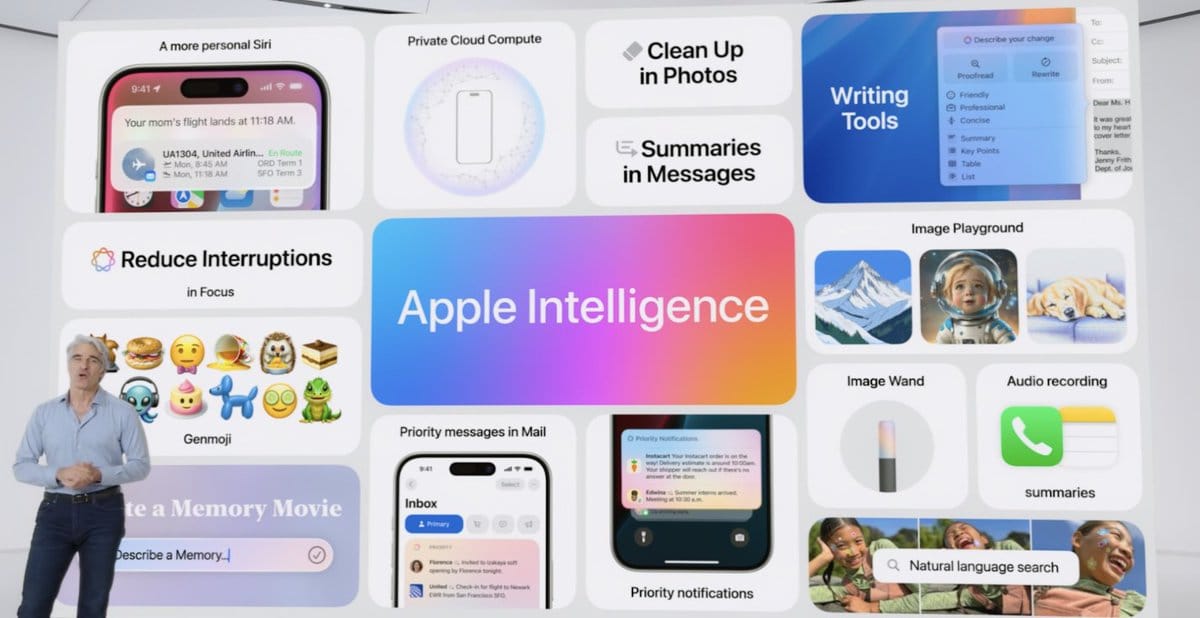

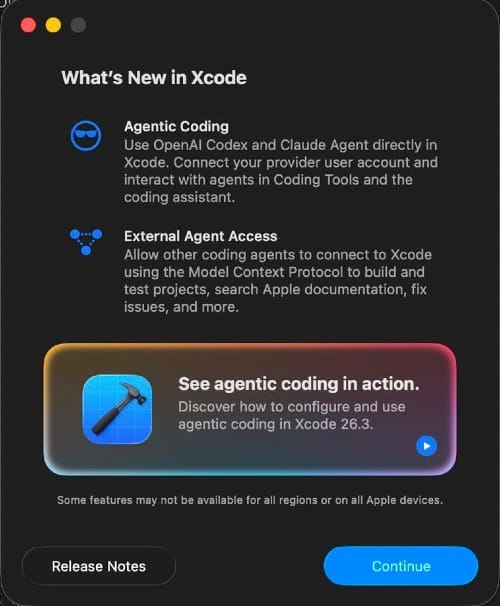
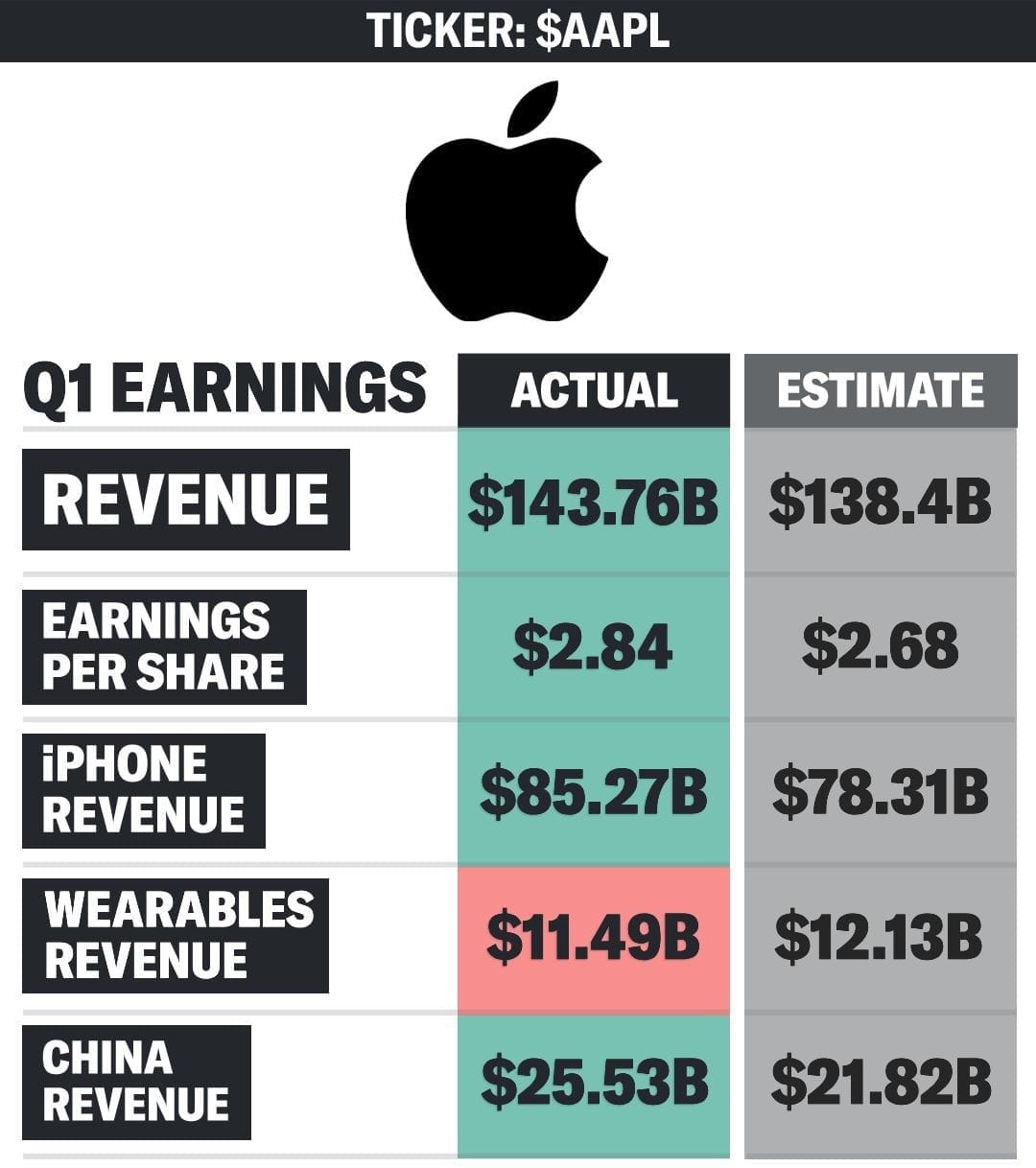
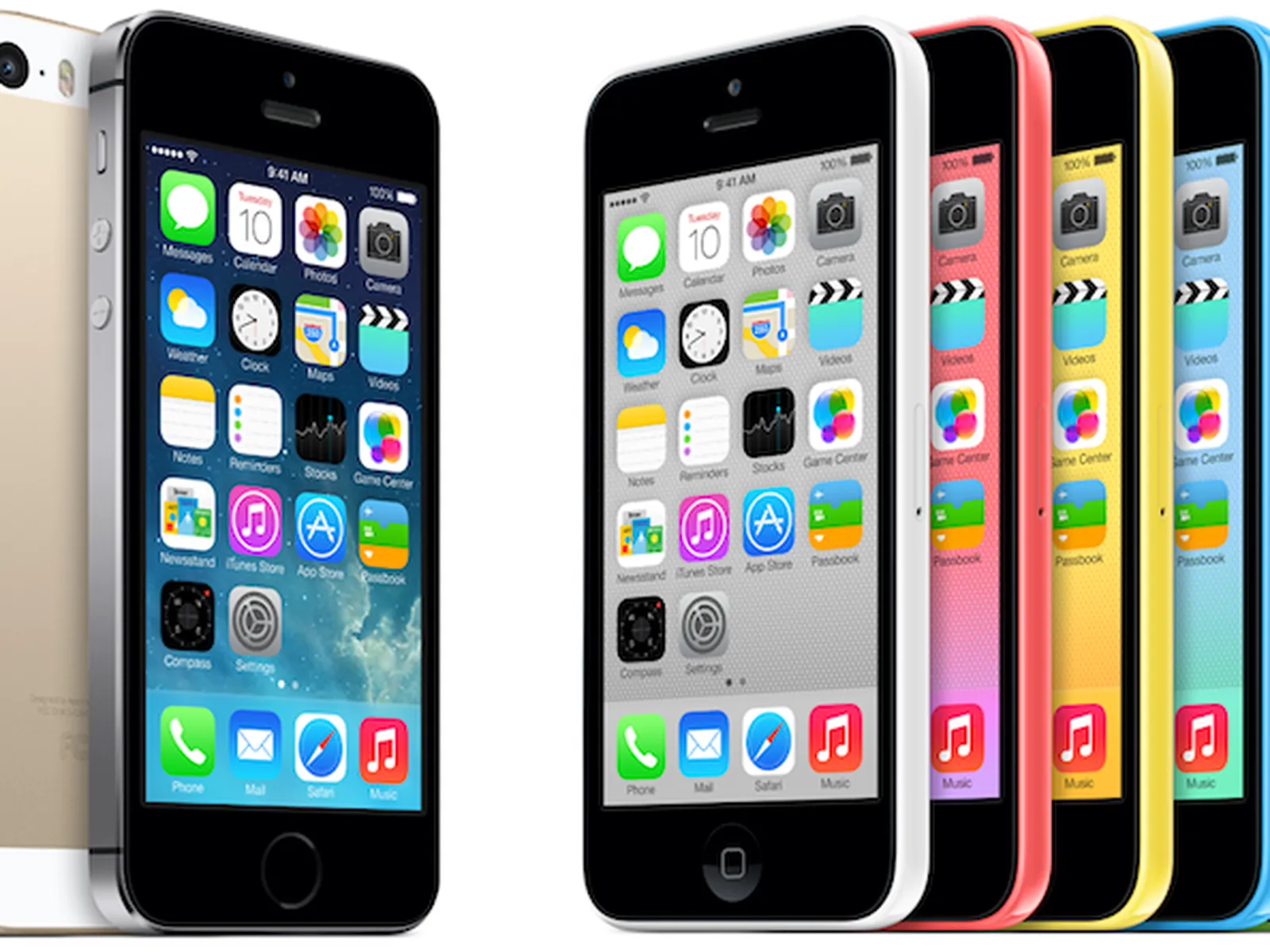
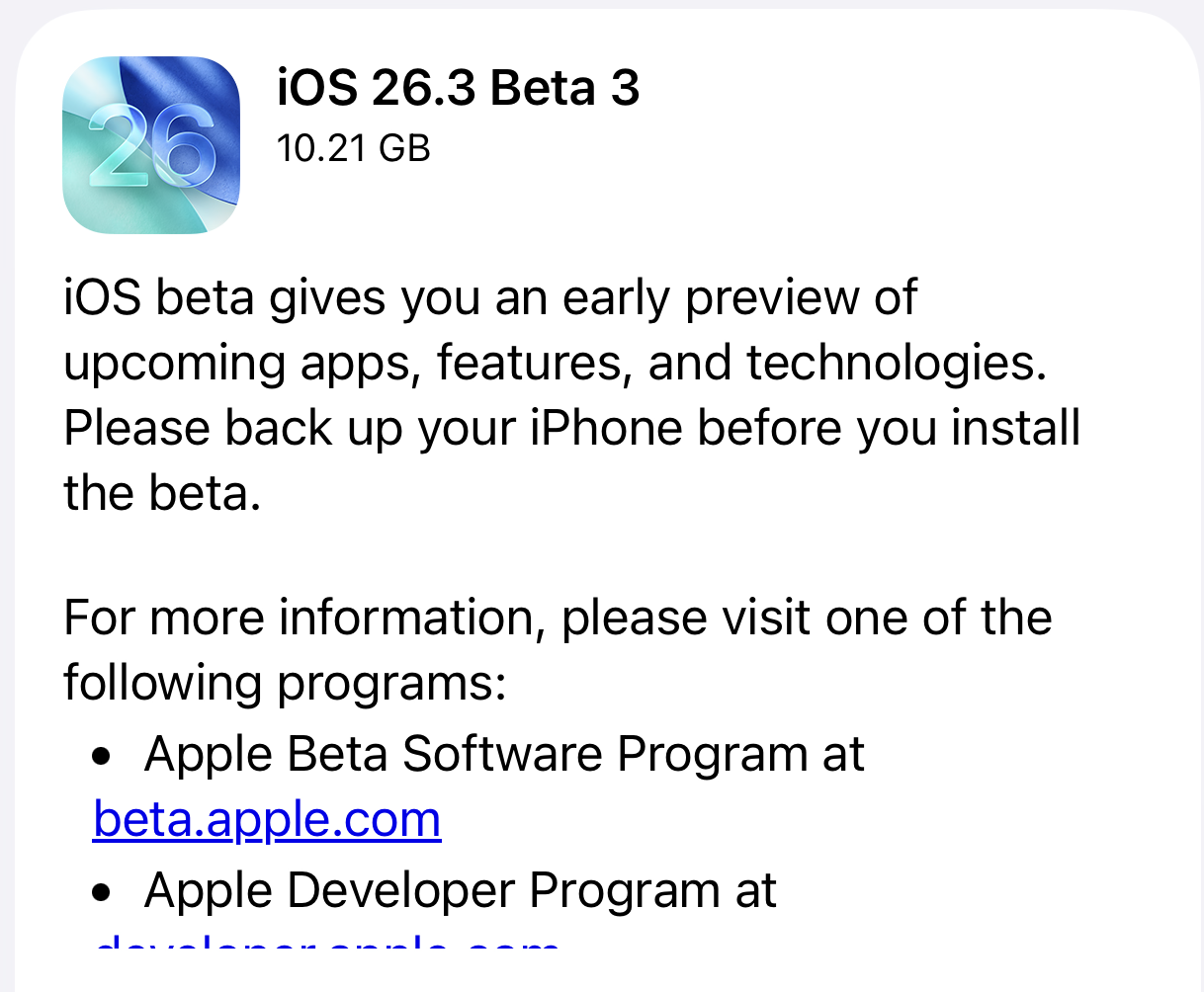
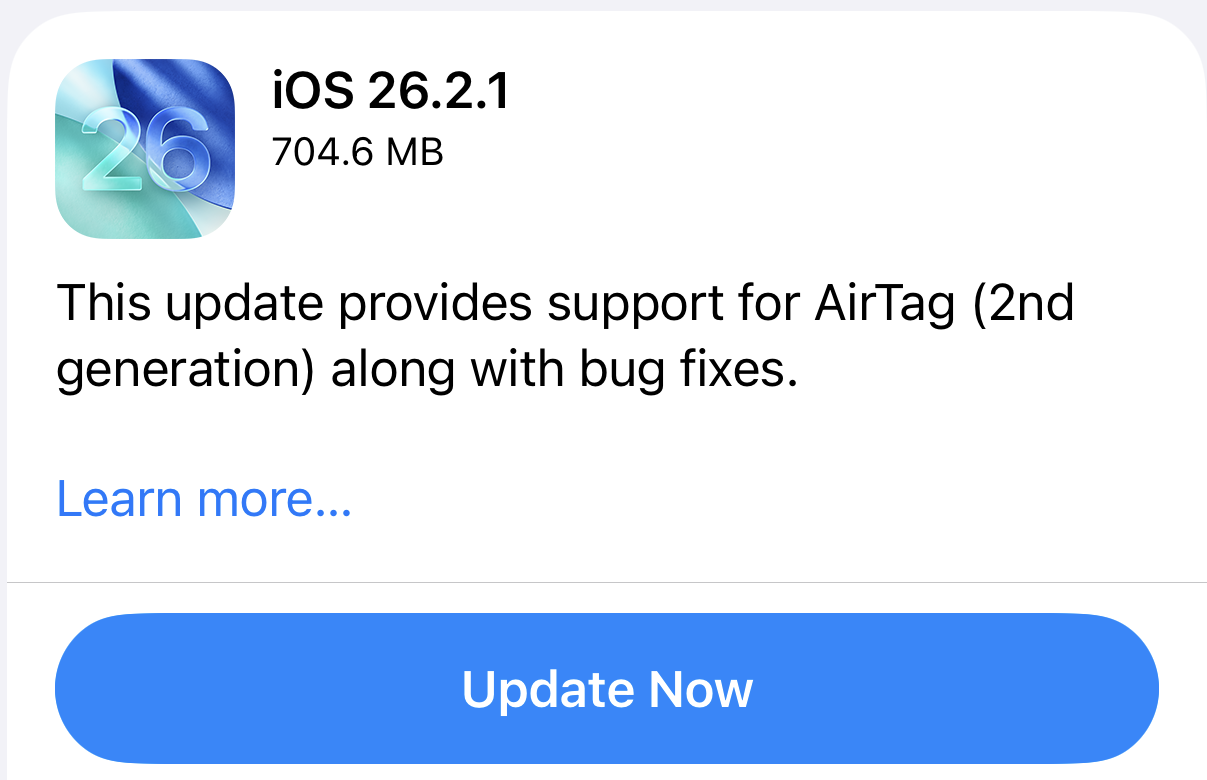
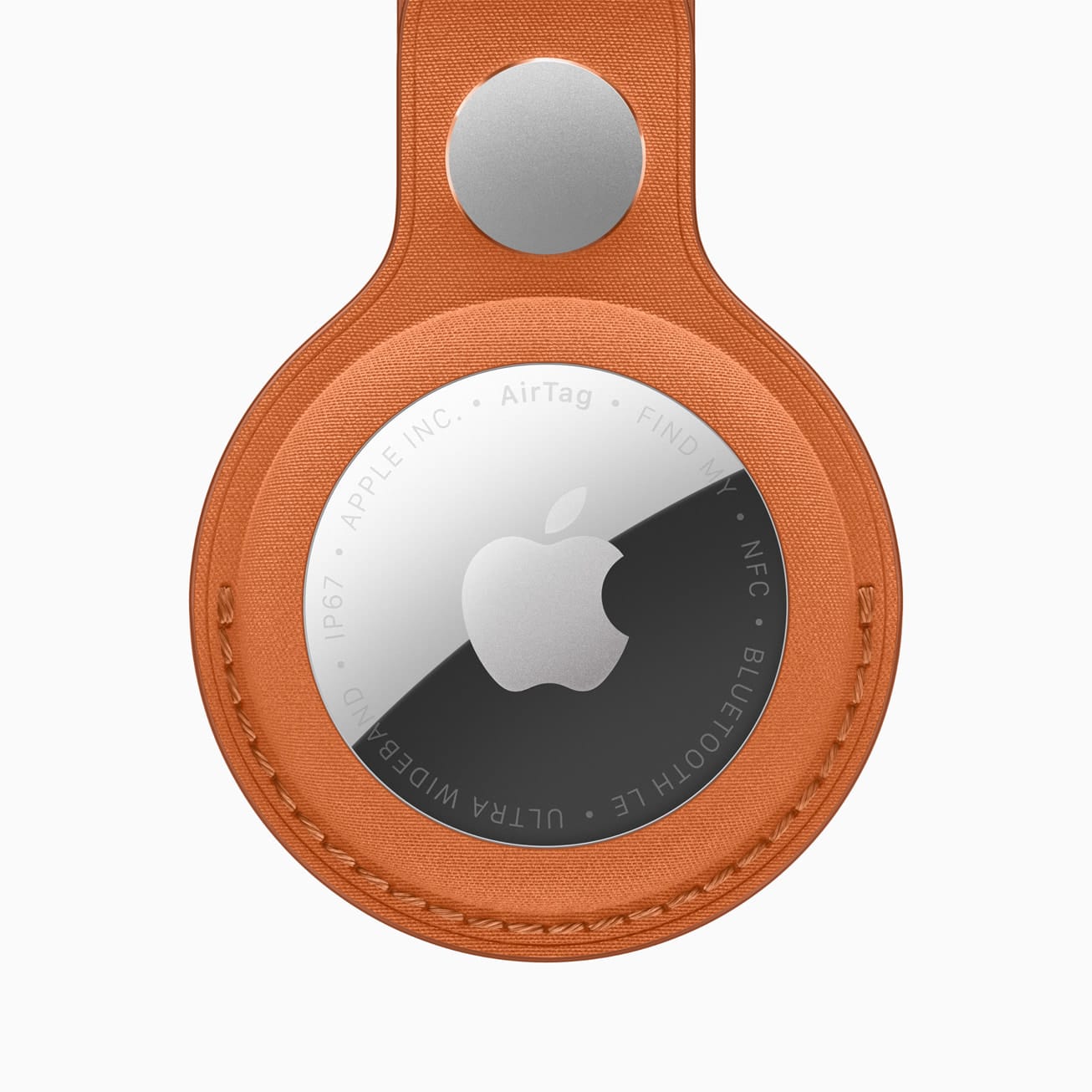


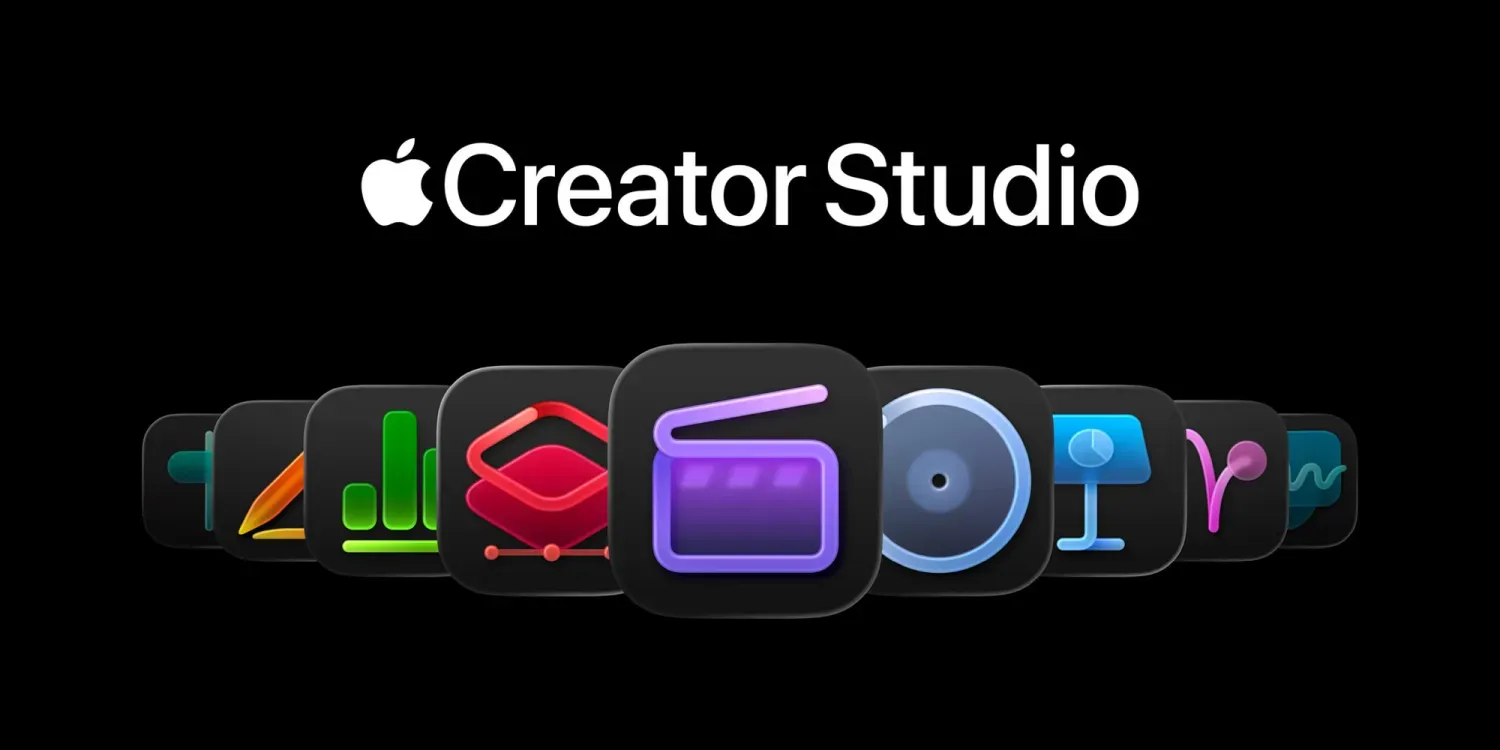
Discussion